Member Directory,
1847 - 1922
Cleveland H. Dodge
Merchant
Centurion, 1892–1926
Henry F. Spaulding, Charles E. Whitehead, and Edmund C. Stedman
New York (Manhattan), New York
New York (Bronx), New York
Age thirty-two
Bronx, New York

Archivist’s Notes
Son of William E. Dodge
Century Memorial
We Americans sometimes like to think that great fortunes accumulated by the father will be dissipated by the son. The tradition used to be accepted as a comforting guarantee against hereditary aristocracy of wealth; “shirtsleeves to shirtsleeves in three generations” was the homily of popular preachers and orators. The tradition was of extremely doubtful accuracy, even a generation ago. Grandsons would, to be sure, occasionally be discovered doing business chores whose fathers or grandfathers had amassed millions; but so could huge fortunes that had been transmitted unimpaired through a series of generations. Some of them, acquired originally by highly questionable business practices, remained intact even with incompetent descendants as the beneficiaries.
In the America of today, however, a noteworthy social phenomenon has been the education of the sons of very wealthy men, not only to conduct the father’s business after him but to see to it that the accruing wealth should be rightly disbursed or distributed for public and philanthropic purposes. A fine example of this accepted responsibility to fortune was displayed in the career of Cleveland Hoadley Dodge. Reproducing as business administrator the qualities of his father [William E. Dodge] and grandfather, he shouldered also the public responsibilities which had appealed to them. Never ostentatious in his giving, he was a mainstay of the city’s important charities; never aspiring to political office, his wealth was at the disposal of movements for honest government, clean city politics, enlightened economic and social reform. To such undertakings he gave not only money but active personal co-operation. He was active trustee of half a dozen public institutions; he threw his whole energy into the Red Cross Campaign of 1917 and the United War Relief Work which followed. He stood behind the Wilson Administration, but always as a private citizen working for public policies which were next to his heart. The most pleasing comment on his life-work is that such a career for an inheritor of great wealth is rapidly coming to be the rule and not the exception in the United States.
Alexander Dana Noyes
1927 Century Association Yearbook
Related Members
Member Directory Home-
 Howard Sweetser BlissClergyman/College PresidentCenturion, 1911–1920
Howard Sweetser BlissClergyman/College PresidentCenturion, 1911–1920 -
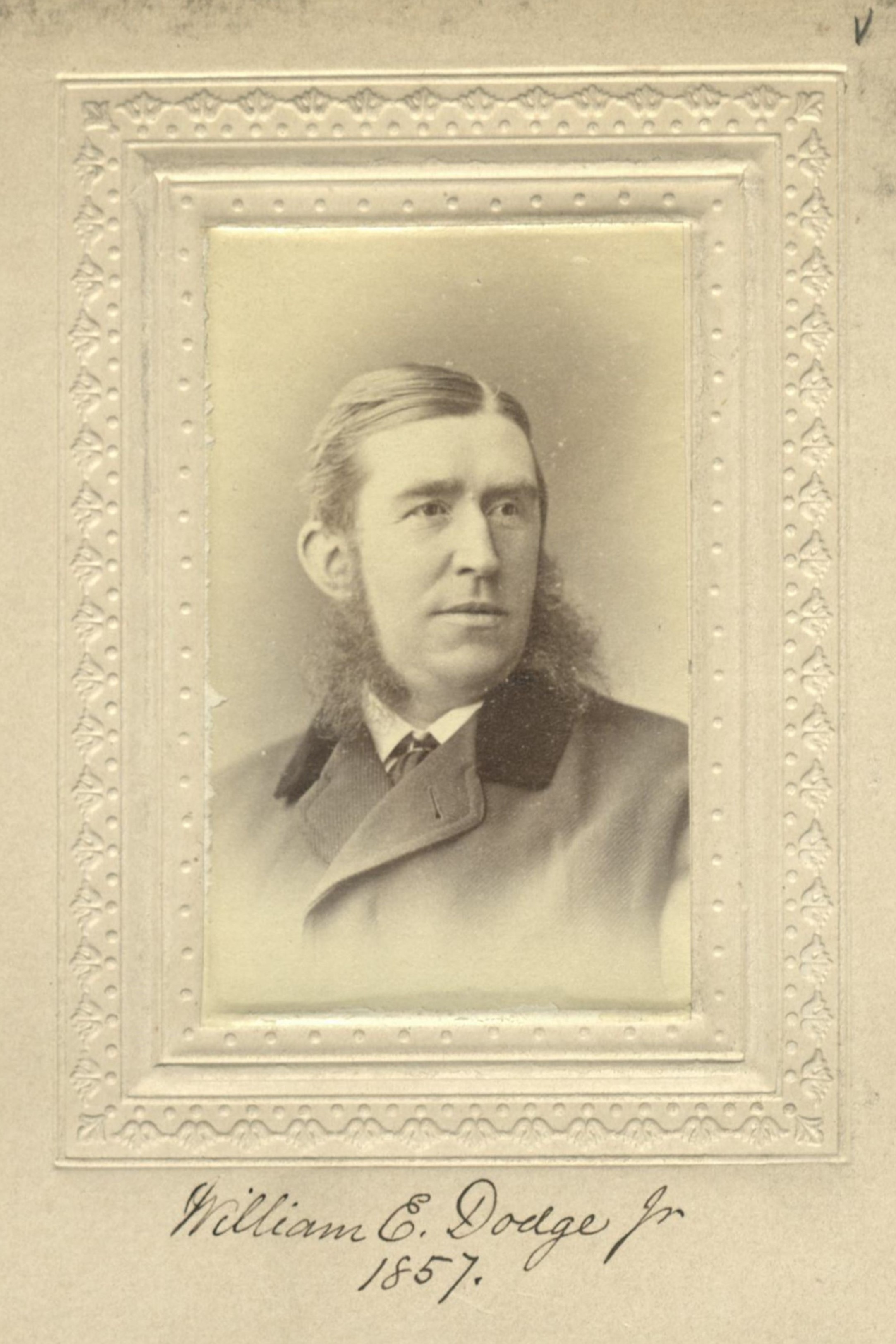 William E. DodgeMining/Philanthropist/U.S. CongressmanCenturion, 1857–1903
William E. DodgeMining/Philanthropist/U.S. CongressmanCenturion, 1857–1903 -
 B. Talbot HydePatron of ArchaeologyCenturion, 1908–1933
B. Talbot HydePatron of ArchaeologyCenturion, 1908–1933 -
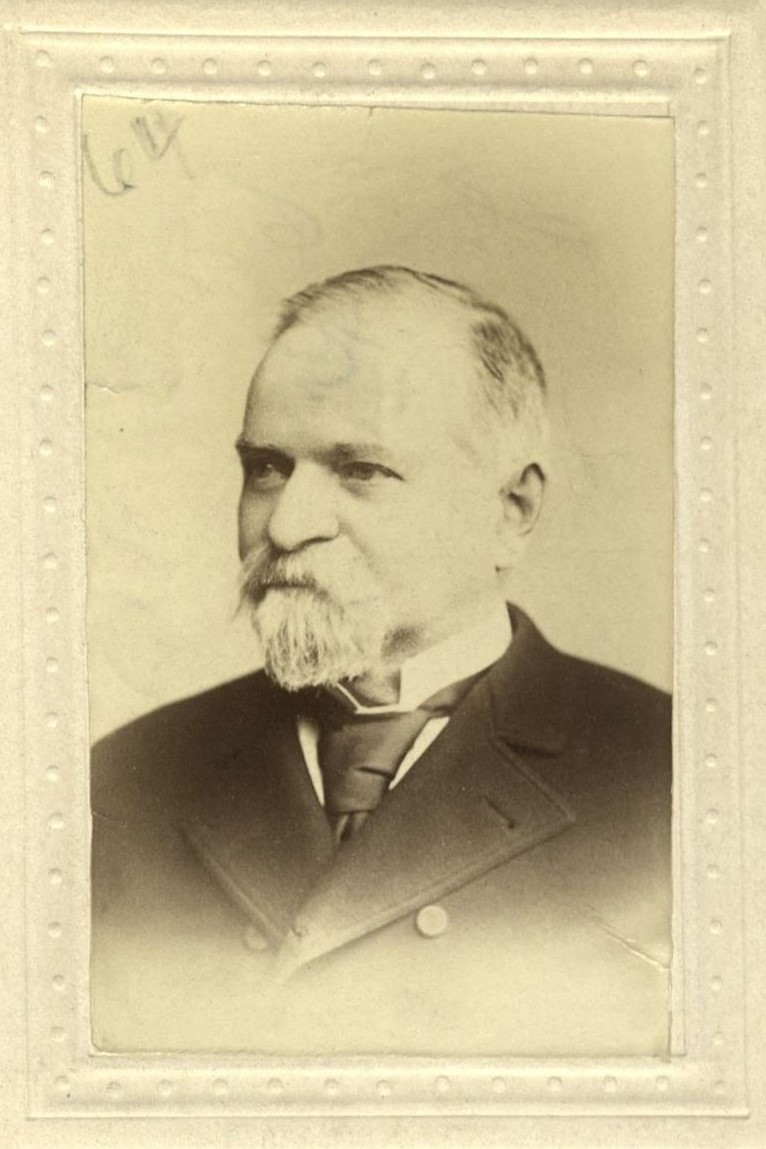 Henry F. SpauldingMerchant (Dry Goods)/Banker/TrusteeCenturion, 1875–1893
Henry F. SpauldingMerchant (Dry Goods)/Banker/TrusteeCenturion, 1875–1893 -
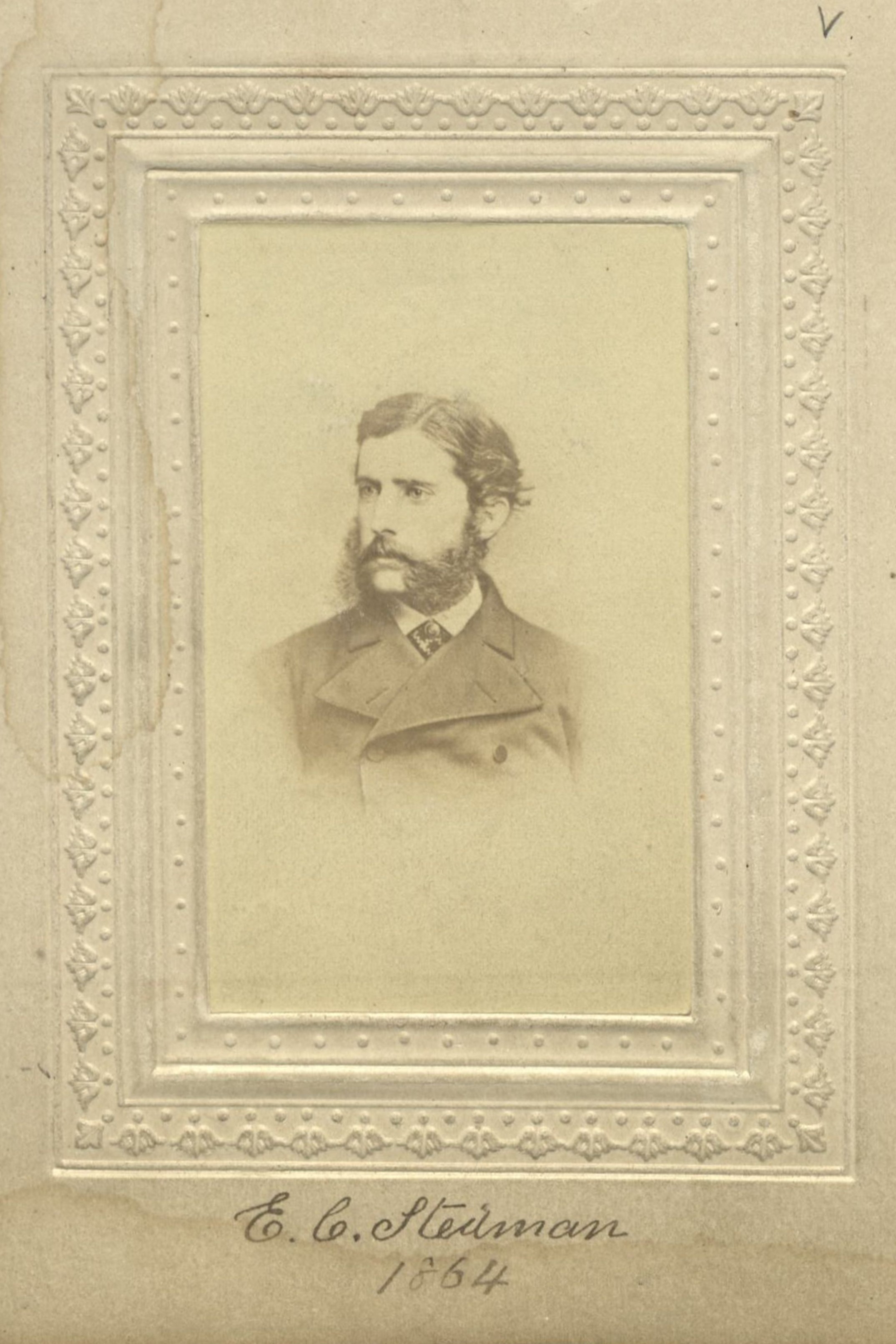 Edmund C. StedmanPoetCenturion, 1864–1908
Edmund C. StedmanPoetCenturion, 1864–1908 -
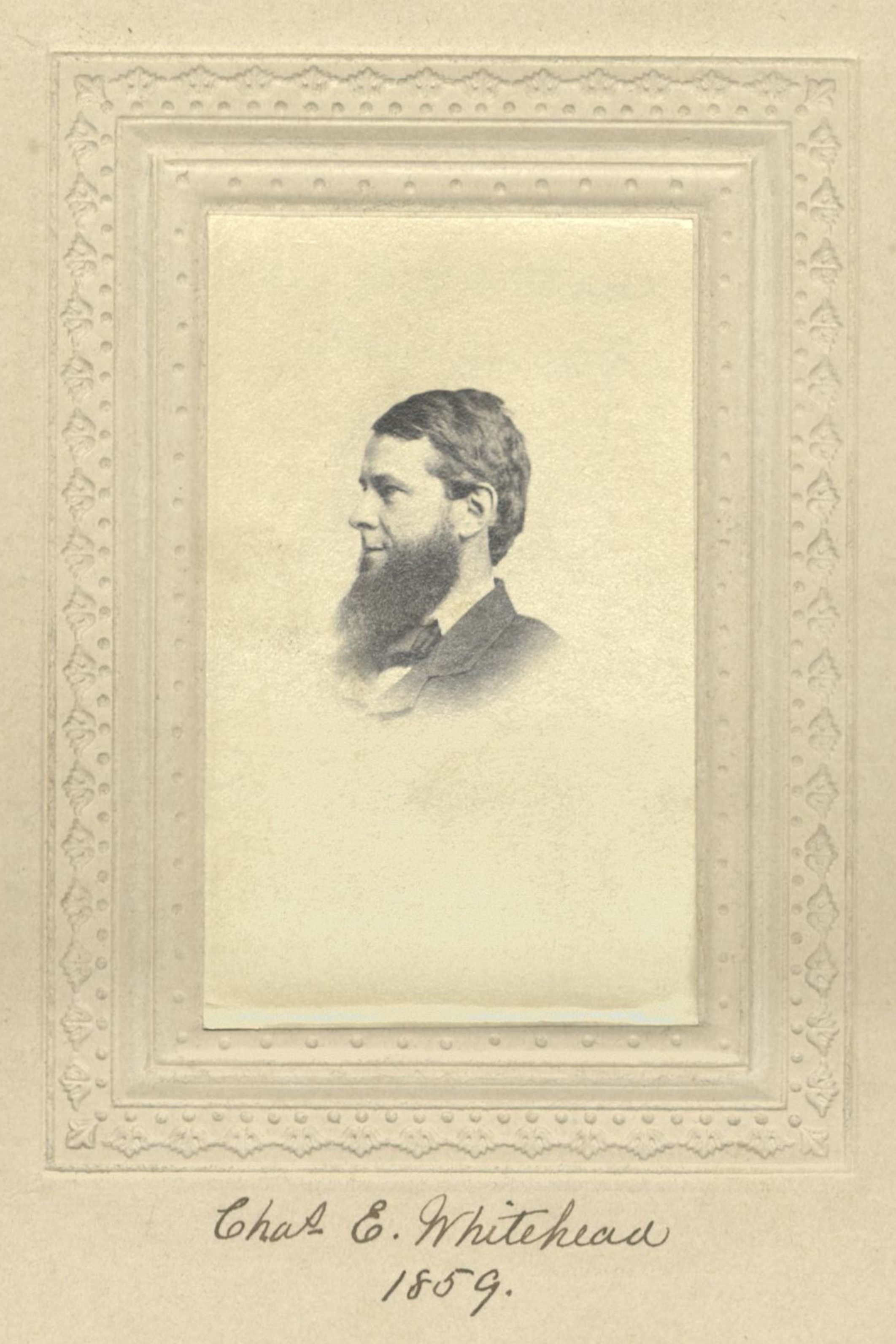 Charles E. WhiteheadLawyer/TrusteeCenturion, 1859–1903
Charles E. WhiteheadLawyer/TrusteeCenturion, 1859–1903 -
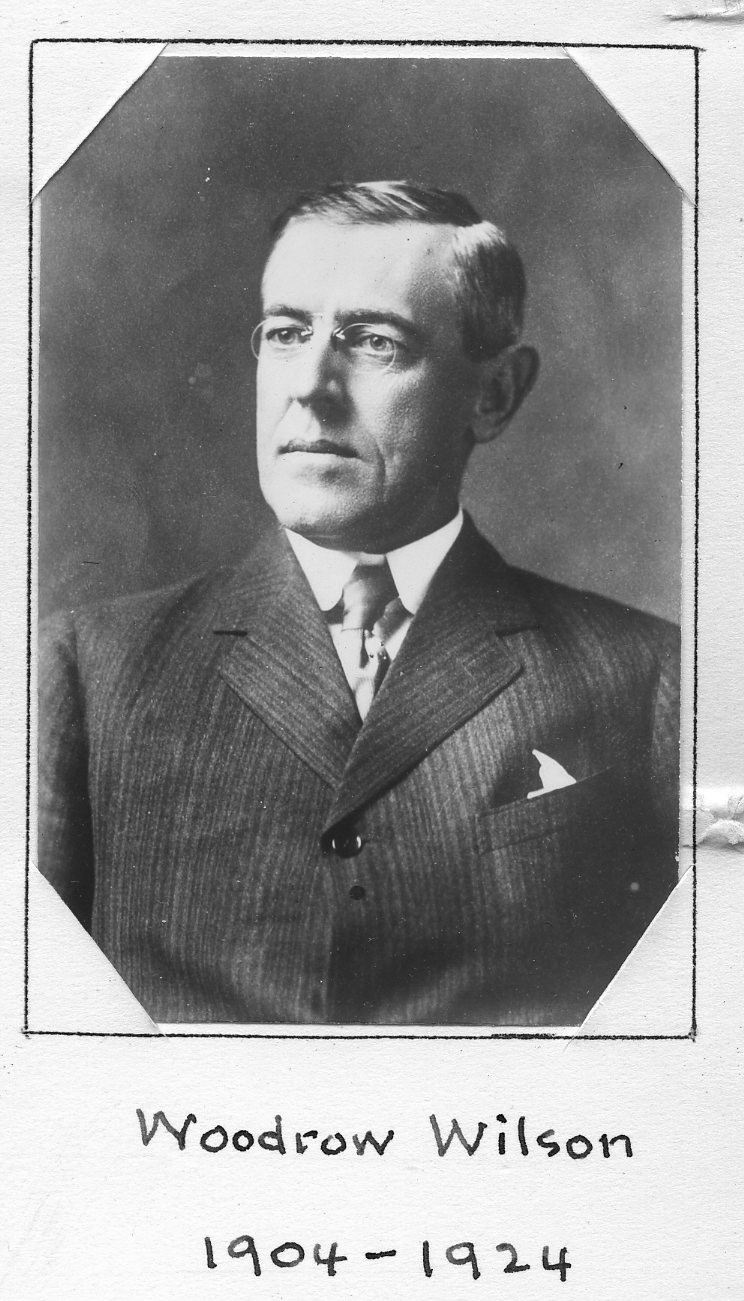 Woodrow WilsonPresident, Princeton University/Governor of New Jersey/U.S. PresidentCenturion, 1904–1924
Woodrow WilsonPresident, Princeton University/Governor of New Jersey/U.S. PresidentCenturion, 1904–1924





